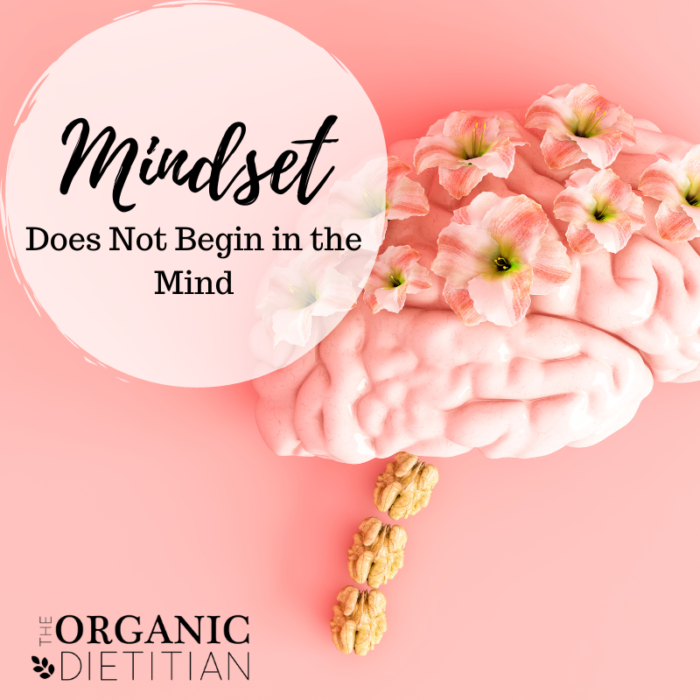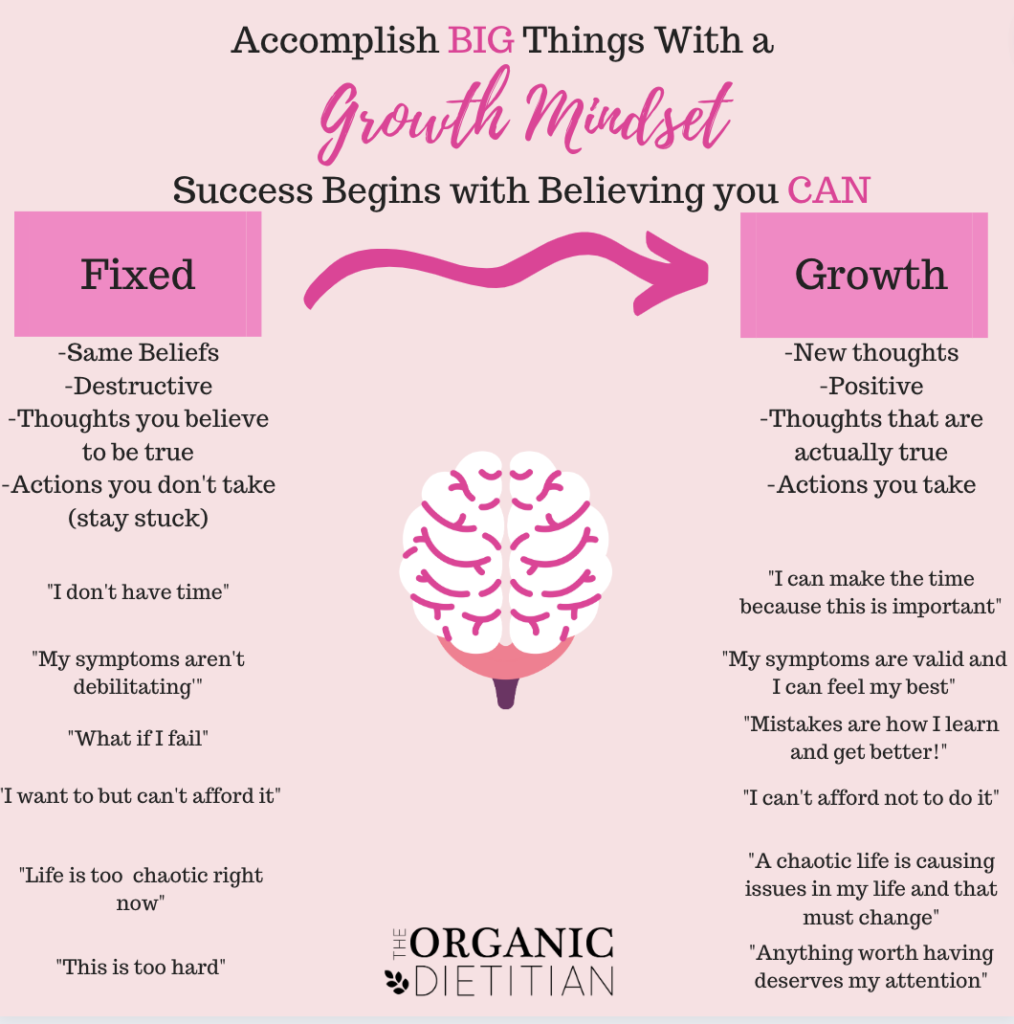29 March, 2024
Why Your Mindset Doesn’t Begin in the Mind: The Science Behind the Mind-Body Connection and How to Harness It for Positive Change

Are you trying to develop a positive mindset but struggling to make progress? It could be because you’re starting in the wrong place. Contrary to popular belief, mindset doesn’t begin in the mind. In fact, trying to change your thoughts and beliefs without addressing the body first can be ineffective.

Signs of a Negative Mindset
- When your mindset is too negative, it can affect your overall well-being and perspective on life. Here are some signs that may indicate a negative mindset:
- You constantly focus on the negative aspects of situations and disregard the positive ones. For instance, if you receive a compliment, you may dismiss it as insincere or unworthy of your attention.
- You frequently engage in negative self-talk. This involves criticizing yourself, belittling your abilities, and focusing on your flaws rather than your strengths.
- You tend to have a pessimistic outlook on the future. You may believe that things will always go wrong or that nothing good ever happens to you.
- You experience high levels of stress and anxiety. Negative thoughts can lead to heightened feelings of worry, fear, and tension.
- You struggle to find joy or pleasure in everyday activities. A negative mindset can make it difficult to appreciate the small things in life and find happiness in simple pleasures.
- You have difficulties in forming and maintaining positive relationships. Negative thinking can lead to a destructive attitude, harming your interactions and creating a distance between you and those around you.
- You struggle to accomplish your goals and find the motivation to pursue your passions. A negative mindset can leave you feeling stuck and hopeless, making it harder to achieve your dreams and aspirations.
A negative mindset can be detrimental to your mental health and overall well-being. Recognizing the signs and working towards a more positive mindset can lead to a happier and more fulfilling life. But the good news is that you have the power to change your mindset for the better if you know where to start.
Mindset Does NOT Begin in the Mind
The body and mind are connected in complex ways. In fact, more signals flow from the body to the brain than from the brain to the body. This means our physical state can significantly influence our thoughts, emotions, and beliefs.
For example, if you’re experiencing chronic pain or tension in your body, it’s difficult to feel positive or optimistic. Our physical state can send signals of stress and negativity to the brain, making it challenging to shift our mindset.
That’s why focusing on the body is essential when trying to shift your mindset.
Here are a few tips for starting with the body:
Breathe deeply: Taking deep, intentional breaths can help calm the nervous system, reduce stress, and increase feelings of relaxation.
Pay attention to your posture: Your body posture can impact your energy levels, mood, and self-confidence. Practicing good posture, such as sitting or standing up straight, can help you feel more positive and empowered.
Move your body: Exercise and movement are essential for physical and mental health. Regular restorative movement can help improve mood, reduce stress, and increase feelings of well-being. Be careful not to overdo exercise or push beyond your capacity, which will just create more stress on the body.
Practice self-care: Self-care can take many forms, including getting enough sleep, eating a healthy diet, and taking time for activities you enjoy. Prioritizing self-care can help you feel more positive and resilient.
Starting with the body can lay the foundation for a more positive mindset. Of course, it’s essential to address thoughts and beliefs as well. But by first addressing physical symptoms, you can create a solid base for positive change.
In conclusion, healing your mindset requires more than just positive thinking. By focusing on the body first, you can begin to shift your mindset on a deeper level. Remember that the body and mind are connected, and by improving physical health, you can positively impact your beliefs, thoughts, and emotions.
How to Get Support?
If you are a wellness coach or practitioner who works with clients who have autoimmune diseases, it is important to become trauma-informed. The Wellness Code Academy practitioner certification program is a dynamic, trauma-informed, beyond-the-biochemical, and truly holistic coaching system that takes…
The deepest dive ever into healing the gut, brain, nervous system, and mitochondria—and also taps into the power of the subconscious mind to support healing the psyche. Learn more HERE.
Learn more about my approach with clients: My Health and Healing Philosophy
I believe ANY HEALING JOURNEY ultimately needs to involve addressing BOTH the body and the mind in the proper way and in the proper order, which will be highly individual.
It is also a huge reason why I see many feel stuck on their own healing journeys: this concept hasn’t been adequately acknowledged, understood, or addressed.















 80% of chronic dis-ease is rooted in stre
80% of chronic dis-ease is rooted in stre
 As
As 
